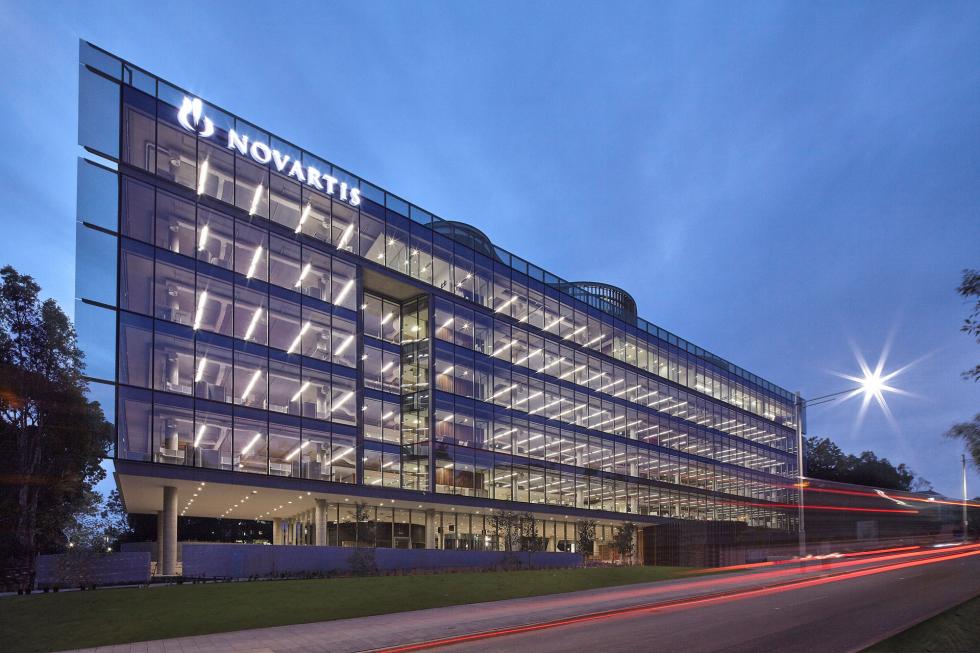Novartis cancer drugs among raft of NICE recommendations

NICE has published final guidance recommending five drugs for four different conditions for routine National Health Service funding, including two Novartis cancer medications.
NICE has also recommended GlaxoSmithKline's Benlysta (belimumab) lupus drug in final guidance, as long as the manufacturer provides further cost-effectiveness data.
The cost-effectiveness body said it had recommended Novartis' Zykadia (ceritinib) for non-small cell lung cancer.
NICE had previously rejected the drug, but has given the green light after the Swiss firm agreed a discount.
The NHS will also pay a reduced price for Novartis' Mekinist (trametinib) and Tafinlar (dabrafenib) combination, recommended by NICE for BRAF v600 mutation positive melanoma.
Sanofi's Praluent (alirocumab) and Amgen's Repatha (evolocumab) rival PCSK9 inhibitors have also been recommended in final guidance for adults with mixed dyslipidaemia.
The drugs are recommended for people with these conditions whose cholesterol levels are not controlled adequately using other drugs such as statins, or who can’t tolerate statins because of their side effects or where they are contra-indicated.
NICE also recommended a new use for AbbVie's Humira (adalimumab), for moderate to severe hidradenitis suppurativa, when the disease has not responded to conventional systemic therapy.
The drug is only recommended in the skin disorder if supplied at a discounted price.
In a separate announcement NICE said that it had approved GSK's Benlysta in final guidance for systemic lupus erythematosus.
An independent appraisal committee felt there was not enough data available for clinical and cost-effectiveness calculations compared with treatments already on the NHS.
But NICE allowed funding as long as GSK works with NHS England to collect further data that addresses the uncertainties.
NICE's decision comes at a time when it is under fire for its assessment of cancer drugs.
In England the Cancer Drugs Fund is available to pay for oncology medicines when NICE asks for real-world data on their use.
But some pharma companies have called for NICE's assessments of cancer drugs in particular to be revised.












